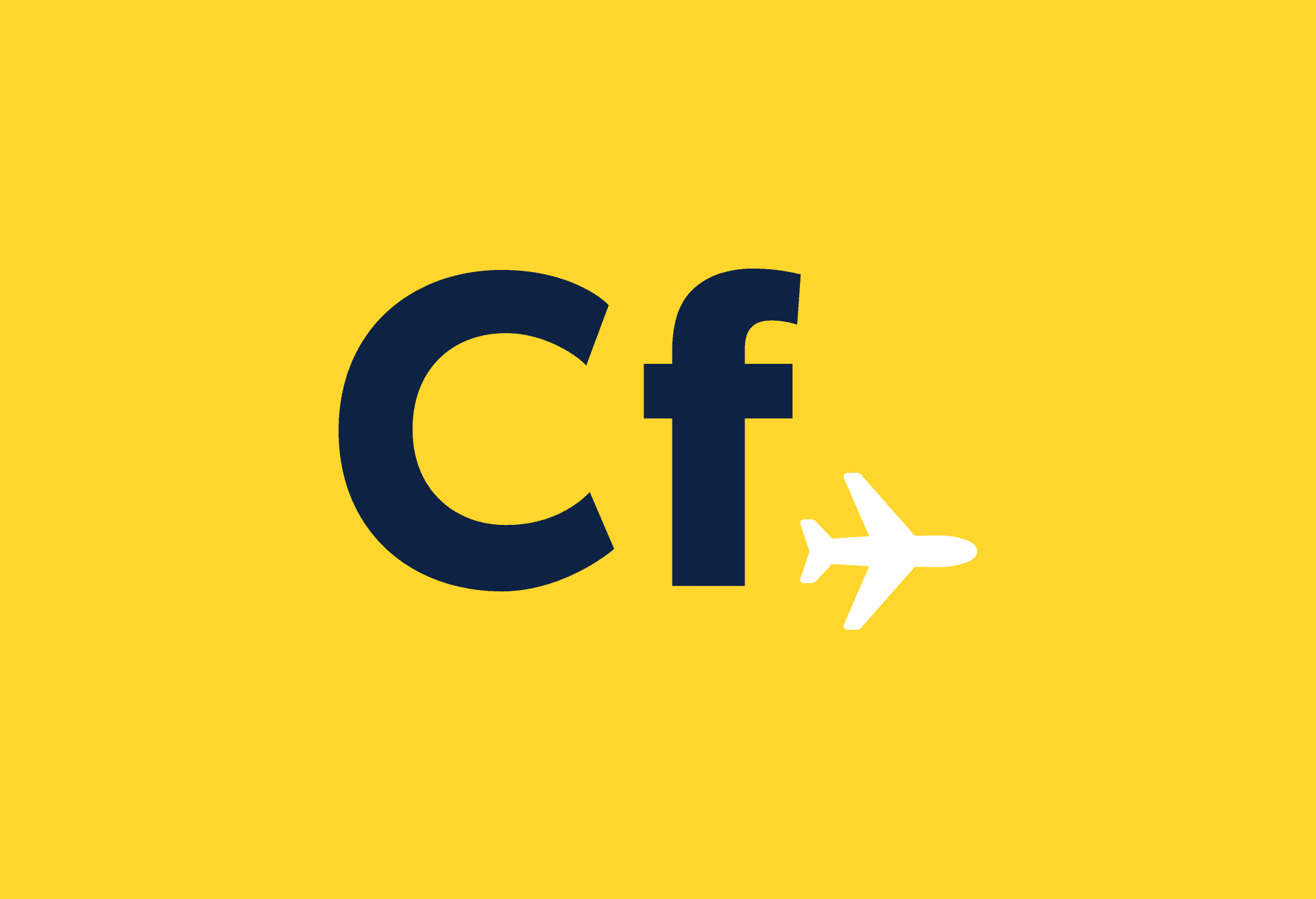Uber has been making waves with its peer-to-peer taxi service, all done via a simple mobile app. Here’s what you need to know if you’re thinking of making use of it on your travels.
Uber’s global reach
Inaugurated in San Francisco in 2010, Uber is now available in 100 cities around the world, but it’s a variable beast.
In London, it’s seen as the cheap pretender hoping to usurp the black cab crown, but in many Asian countries such as Japan, it’s a luxury service that only the well-to-do make use of.
So if you’re looking for Uber to save you money, you have to be aware that it will only do that in certain places.
If you live in Tokyo for example, you’re usually better off using a normal taxi unless you really do think nothing of getting chauffeured around at a premium.
Regular users of Uber become so used to it that they get disappointed to find the service is not available when visiting other places, so it’s best to make sure you know where you can use Uber before making plans.
Uber was recently valued at $18.2 billion, so its further spread throughout the globe seems inevitable. That being said, Uber has been pronounced unlawful in some places, such as Belgium and Vancouver, since their business model is not strictly peer-to-peer as claimed – Uber take their pound of flesh in each transaction. It has been banned in Germany for violating transport laws.
London
In London, the city’s minicabs have a notorious reputation as being useless at directions, while black cabs, although adored and iconic, are often seen as out of some people’s price range.
In comes Uber, offering to create a rateable standardised service, where bad service is rewarded with poor marks, and bad customers are given equally low stars. An egalitarian decentralised libertarian utopia it may seem, but cabbies have not been overly enamoured.
After staging a city-slowing protest in June, the black cabs have inadvertently given Uber a huge amount of press, and this palpable interest has resulted in you reading this very article.
The black cab protest against Uber brought London to a standstill on June 11 2014, but gave the company exposure that lasted much longer.
Constant marketing, all the time, 24/7
Uber is skyrocketing in popularity to such an extent, that the new Transformers film hitched itself to the app’s rising star.
Last month in Dallas, Los Angeles and Pheonix, Uber users could actually hire out a truck that looked like Optimus Prime, the leader of the Autobots – although disappointingly, the car could not morph into Prime’s personified form.
It might not surprise some readers that the aggressively-marketed Transformers franchise was a natural partner for Uber – the app company has been trying all sorts of things to make sure it’s in the headlines somewhere every week.
For example, during Pride Week in June, residents of San Francisco could take advantage of an “UberWedding” in which the company guaranteed a drive to a venue and a legally-binding marriage as long as the couple hailing the service had their documents in order. Uber even provided cake.
What it’s like to use
Once you’ve got an account connected to your bank account, it’s fairly straightforward. Load up your GPS-enabled phone and tell the app where you want to go, picking from the varying levels of comfort available in the city you’re in.
The most basic is UberX, while the high-end option is UberLux. The app then simply sends you notifications when your ride is 10, then 5 minutes away, and finally when it’s outside the door.
User feedback has been very positive, but there are qualms. The main issue is that although the pricing is reputedly competitive, you have no idea what you’ve paid until after the journey is completed and you check your emails.
The cabby has no meter to show you and doesn’t ask for anything – everything is done automatically after you’ve linked your profile to a bank account. That seamlessness is appealing, but often people would rather have some clue about how much they’re paying in transit, rather than fearfully opening an email when they get home.
There’s also a certain joy in hailing a black cab that just cannot be replicated by Uber. Uber is more like a minicab in that it’s arranged and arrives, although the wordless use of an app is starkly different to the usual call to an agency.
As with any cab service, it’s important to stay safe, and one of the main complaints levelled at Uber is that their checks aren’t rigorous enough.
In theory, anybody with a car, a licence and no criminal record can become a driver, and the company is advertising it as a lucrative career to all.
The reality is that after Uber’s fee, as well as the general cost of maintaining and fuelling a car, you have to would have to drive a phenomenal amount of hours to make yourself rich, so the Uber career only really appeals to those who are already working as drivers.
Talking to Uber drivers, one often finds they are minicab drivers who use Uber when work from their usual agency is low.
The possibility that people with office jobs may want to be part-time Uber drivers is less appealing for passengers – if drivers are not experienced cabbies, they’re less likely to know all the best routes and could end up giving you a poorer service.
Ultimately, this is why it’s handy that Uber has the rating system so you know where you stand.
Competitors
Other apps have been on the market for a while that work in a similar way using established black cab services (Hailo) and the minicab sector (Kabbee).
Although these apps work on a very similar level (although Kabbee, for example, works on fixed price rather than cost per meter), it’s simply for cost reasons that Uber has been beating them in London. It’s worldwide reach also mean the app has to compete in both global and domestic markets with other apps, such as MyTaxi, Lyft and GrabTaxi, and often Uber’s gains are less significant.
Ultimately, the use of an app to hail a taxi is just another degree of society moving away from interactions in the flesh into the silent gloss of text and touchpads that is becoming more and more omniscient in western countries.
Even Uber drivers aren’t safe – one of the main investors behind Uber is Google, a company that is also ploughing millions into driverless cars. It seems inevitable that these interests will combine at some point.
Whatever happens, your grandchildren will probably never hail a cab anyway. They’ll just think “Cab me” and suddenly they’ll arrive outside your house by teleport, expecting you to laser-roast them a Plutonian chicken.
(Feature image: Jason Tester Guerrilla Futures)



